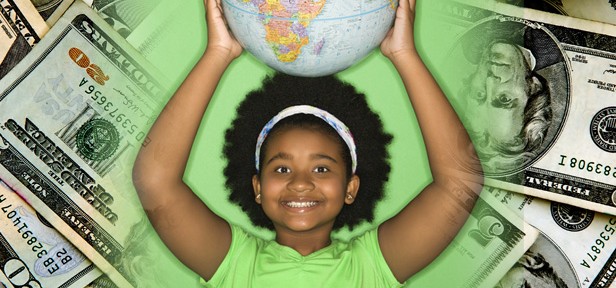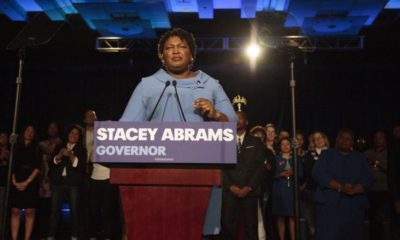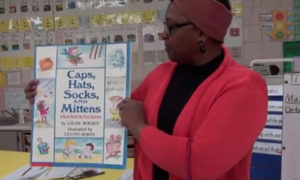Business
African-Americans Hit Hard by Great Recession

By Shera Dalin, St. Louis.
Green jobs may offer a way into the job market and careers with longevity.
The saying, “When white America has a cold, black America has the flu,” describes the bleak unemployment picture for African-Americans in the Great Recession.
The unemployment rate for blacks was 16.2 percent for May 2011, up from 15.5 a year earlier, according to the U.S. Bureau of Labor Statistics. That’s higher than all groups except teenagers, but considerably lower than for white Americans, at nine percent unemployment.
“The American economy does not work as well as it should for people of color and particularly for African Americans,” said Algernon Austin, director of the race, ethnicity and economy program at the Economic Policy Institute in Washington, D.C. “Some argue these disparities are due only to the lower educational attainment of blacks and to a mismatch between where jobs are and where blacks live. But this view is not supported by the data.”
Green goes green
Adrienne Green of St. Louis is a living example of the data. Green was laid off from her job as a quotation specialist at an electrical supplier in 2009. No matter how hard she searched for a job or how many interviews she had, Green said she couldn’t get hired, despite having a bachelor’s degree in organizational studies.
“The market was too tight,” she said
Green began working on her master’s degree in nonprofit management but was struggling to care for her five children. So she decided in early 2011 to take a two-week course on becoming a home energy auditing analyst—a “green” job.
Just days after finishing the course, Green landed a job with a property management company. Executives were intrigued by her training, especially since the company manages several environmentally constructed buildings.
“My passion for organizing and project management, plus the class, got me the interview,” Green said.
A major investment in green
An estimated 746,000 “green jobs” in the U.S. economy could come from $100 billion in green industry investment. Because 40 percent of those jobs are in the construction industry and African-Americans hold about four percent of construction jobs, the better pay that goes with green jobs (about $14.50 an hour) could help improve the lives of blacks, EPI suggests.
And salaries will increase. Wages for African-Americans in green jobs are projected to rise 0.25 percent if current levels of investment occurs.
The energy auditor class Green attended through the nonprofit Better Family Life is one type of solution.
“We need urban job-creation policies to revitalize cities suffering from chronic unemployment. We need to do more to see that the economy works well for all Americans—including
African-Americans and other people of color,” Austin said.
The nation also must increase its efforts to ensure equal employment opportunities for all, and make job openings accessible to all workers, not just those who are connected to current employees, he says.
“We need to find ways to combat the continuing racial discrimination in the labor market,” he added. “If we can do all of these things, we will have made a significant impact on chronic unemployment in America’s cities.”
More resources for job-seekers

-

 Featured10 months ago
Featured10 months agoCalifornia Is the First State to Create A Public Alert for Missing Black Youth
-

 Featured9 months ago
Featured9 months agoAfrican American Leaders Stay the Course Amid Calls for President Biden To Bow Out of Race
-

 Featured10 months ago
Featured10 months agoThe Debate Fallout Lands on Both Candidates
-

 Featured9 months ago
Featured9 months agoPresident Joe Biden Decides to Withdraw from the Presidential Race
-

 Featured9 months ago
Featured9 months agoIn One of His Final Speeches as President, Biden Says It’s Time for ‘Fresh Voices’
-

 Featured9 months ago
Featured9 months agoPresident Joe Biden Describes Shooting of Donald Trump As ‘Sick’





